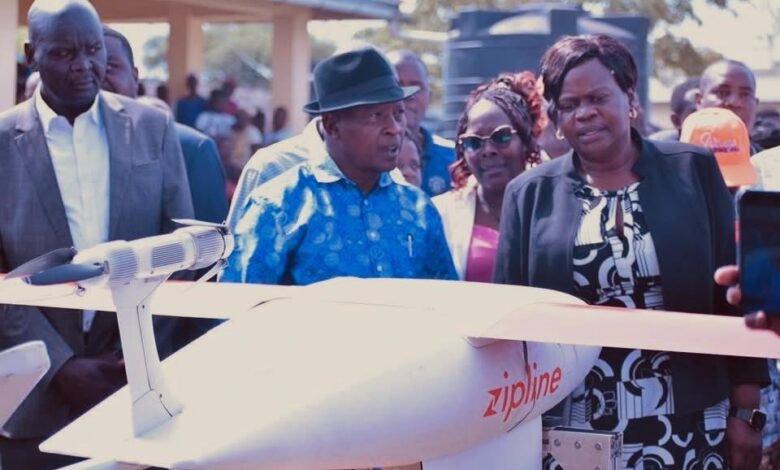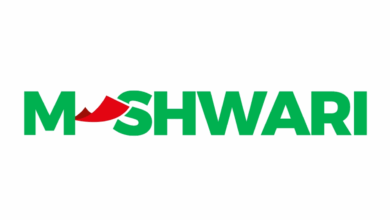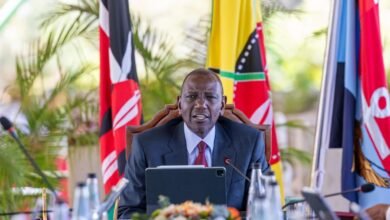
Zipline has asked Kenya to adopt a coordinated national medical supply chain to strengthen last-mile delivery, cold-chain integrity and emergency response. The call was made during a side event at the 2025 Devolution Conference in Homa Bay, themed “Accelerating Equitable Health Access through Drone Technology and Innovative Partnerships.” The company framed the proposal as essential to unlocking Universal Health Coverage by aligning county progress with a harmonised national framework, according to data shared by Zipline.
Why a national framework matters
County governments have expanded health capacity in recent years, yet supply chains often remain fragmented. That fragmentation shows up as stock-outs, delays in referrals and vaccine wastage when cold-chain links break. A national framework would set shared standards, data flows and escalation paths so that inventory, routing and emergency requests can be coordinated in real time across counties and national suppliers.
This mirrors broader concerns raised at the same conference about siloed county processes slowing critical digital and service rollouts. Earlier this week we reported how county-level bureaucracy is stalling Kenya’s digital future, a problem that also affects health logistics when each county runs separate systems.
What Zipline says its network is delivering
Zipline operates an autonomous drone delivery network in partnership with Homa Bay, Kisumu, Kericho and Nyamira. The company says that in recent months it has:
- Delivered 953 units of blood, which it links to a 30 percent reduction in transfusion referrals.
- Completed 23,800 deliveries of essential medicines.
- Distributed 213,492 vaccine doses.
- Enabled 8,700 high-risk youth to start prevention medication, with retention above 80 percent. The company says the model reached 27 times more young people than traditional facility-based care.
Zipline describes its approach as centralised, on-demand distribution that brings care to patients instead of moving patients to care. According to the company, globally its fully electric, autonomous drones have flown more than 100 million autonomous kilometres and delivered millions of items, including over 20 million vaccine doses, with delivery emissions reduced by up to 97 percent compared to gas vehicles.
Voices from the Devolution Conference
“Equitable healthcare is not just an abstract idea, it should be the reality of every Kenyan today,” said Charles Kariuki, Sales Director at Zipline Kenya. He argued that aligning government priorities with private-sector innovation in a unified supply chain would close gaps that currently cost time and lives.
Lake Region Economic Bloc CEO Victor Nyagaya called drone delivery “a transformative step” for timely access to blood and essential medicines across remote areas. UPS Foundation’s Global Humanitarian Relief Director, Caroline Kiunga, urged Kenya to lead globally in drone-enabled vaccine and medical distribution.
Other county health leaders shared case studies from Kisumu, Migori, Kericho and Muhoroni Sub-County EPI, pointing to faster emergency response and steadier vaccine availability when air logistics augment road transport.
The policy angle, and how it links to ongoing work
Kenya has been experimenting with drone-enabled health logistics at county level. In May we covered Homa Bay’s expansion of Zipline deliveries to 84 facilities to improve access to emergency supplies.
That county-level progress supports the argument for a national backbone that standardizes ordering, routing, data reporting and cold-chain monitoring across all 47 counties.
It also aligns with Kenya’s wider eHealth and UHC ambitions, which we have tracked in our coverage of technology-driven health partnerships and AI in health systems. A shared framework could help consolidate those gains by ensuring new tools plug into a single logistics and data layer rather than creating fresh silos.
Zipline’s pitch sits within a broader African drone landscape that is expanding beyond photography to critical infrastructure and logistics. We have reported on heavy-lift and inspection use-cases entering Kenya, underscoring why clear national standards for air logistics and data are becoming urgent.






